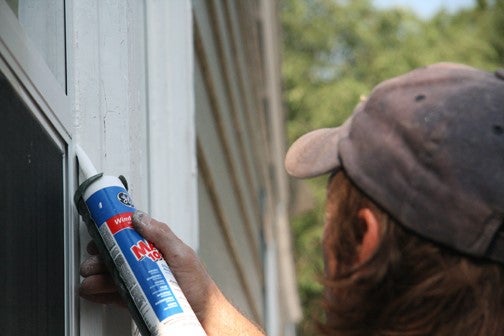 Duke Energy is the largest utility in the United States, so of course it gets a lot of attention in its home state of North Carolina. Yet millions of residents in rural parts of the state rely on electric cooperatives, not Duke Energy, to keep the lights on. In fact, rural cooperatives serve all or part of the customers in 93 of 100 counties in North Carolina.
Duke Energy is the largest utility in the United States, so of course it gets a lot of attention in its home state of North Carolina. Yet millions of residents in rural parts of the state rely on electric cooperatives, not Duke Energy, to keep the lights on. In fact, rural cooperatives serve all or part of the customers in 93 of 100 counties in North Carolina.
This is important because rural areas have just as much, if not more, need to increase energy efficiency. Case in point: a seven-county area in eastern North Carolina served by Roanoke Electric Cooperative. The cooperative has made great strides in promoting energy efficiency, yet there are still customers with utility bills that are higher than their mortgage payments some months. Close to half of Roanoke Electric’s customers live in manufactured homes, which typically have less energy-saving insulation than standard homes. And, in an economically-distressed region, few homeowners have extra money to pay for energy efficiency improvements, like caulking around windows or adding insulation.
Now, thanks to a new program offered by Roanoke Electric Cooperative, homeowners can secure low-cost loans from a private lender to make home improvements that will reduce energy use and save money. The loan is paid back on the monthly utility bill, reducing paperwork for homeowners and making repayment easier. In this program, the energy efficiency home loan is made by Generations Community Credit Union, a lending institution focused on assisting underserved rural communities in North Carolina. Homeowners can borrow up to $4,000 for improvements, with interest rates as low as 3.5%.
The program represents a unique public-private partnership between the electric cooperative, the credit union and Environmental Defense Fund. It is the first on-bill finance program in North Carolina to use private capital for energy efficiency retrofits. Existing on-bill finance programs in the state typically rely on utility funds or shrinking federal funding.
Unlike some other on-bill programs, this program does not tie the loan to the meter, allowing lenders with different underwriting criteria to participate. It also limits funding to energy efficiency improvements with expected energy savings paybacks over the five-year maximum loan period. Estimates show that homeowners can save up to 20% on energy bills, which will help offset the cost of the loan.
Because this program relies heavily on private, not taxpayer funds, there’s a good chance it could spread to electric cooperatives across North Carolina, as well as those in other states. Hats off to Roanoke Electric and Generations Credit Union for being the first in North Carolina.










